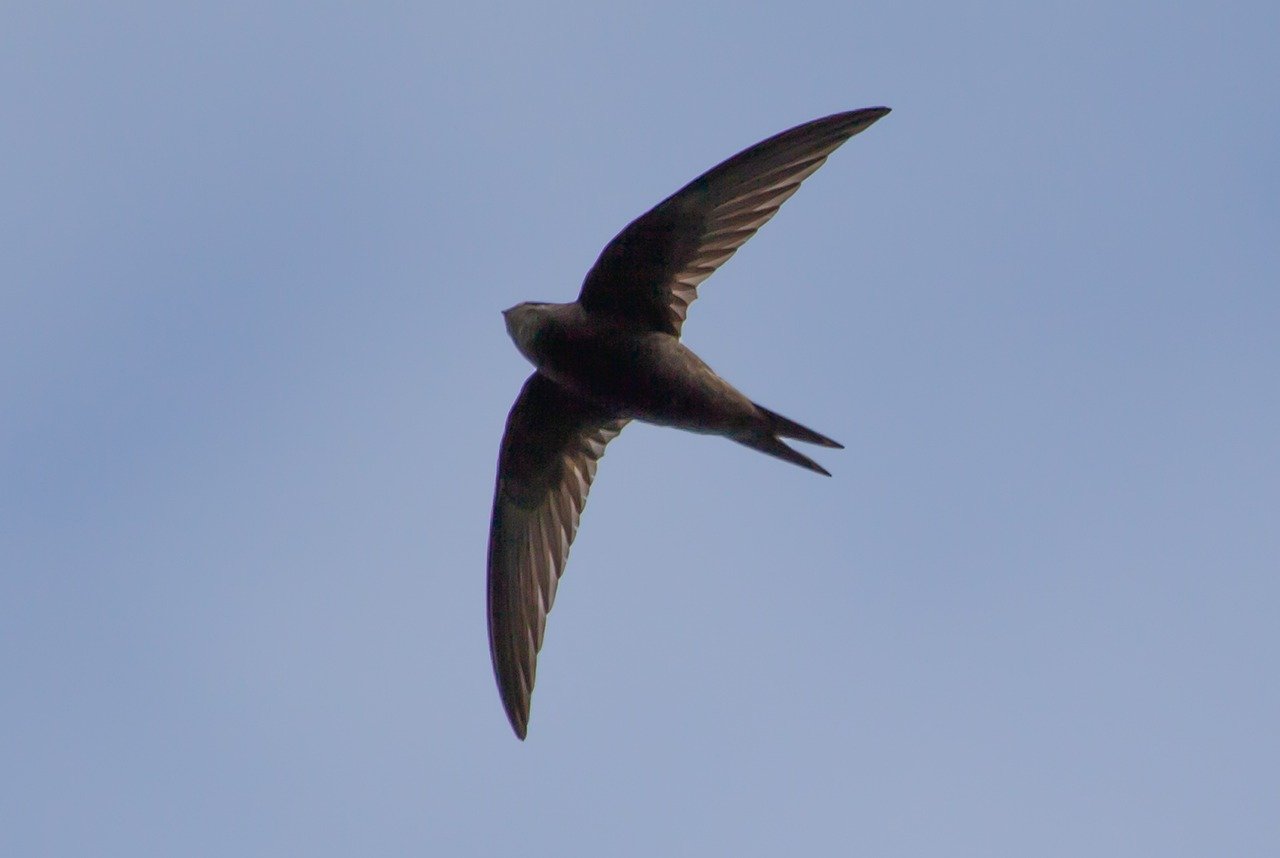Epimeletiskt beteende hos flygande tornseglare Apus apus: hjälper vuxna de unga i flykten?
DOI:
https://doi.org/10.34080/os.v18.22674Nyckelord:
beteende, föräldravård, konvergent evolution, HirundinidaeAbstract
Seven cases of presumed epimeletic behaviour of adult Common Swifts toward flying young were recorded. The behaviour varied from adults escorting the young, over episodes when part of the colony swirled around the newcomer, to instances when an adult touched the young from below. A flying dummy was also encircled when exposed to adults. An eighth case was a non-aggressive behaviour of a migrating Swift toward a fledged soliciting House Martin. The behaviour seems to be a parallel to the care-giving (epimeletic) behaviour in cetaceans, e.g. dolphins, and is therefore seen as an airborne epimeletic behaviour. The Common Swift and dolphins have adapted to elements which are extreme to birds and mammals. If a Swift fledgling falls to the ground or a newborn dolphin (or an injured adult) sinks in the water, each will succumb. Over evolutionary time, therefore, epimeletic behaviour should have been favoured. The identical behaviour of adults of different animal taxa in different environments is here seen as behavioural convergence.
Nedladdningar

Downloads
Publicerad
Referera så här
Nummer
Sektion
Licens
Författaren/författarna innehar copyright för varje enskilt bidrag, men samtliga bidrag är publicerade under en Creative Commons-licens, så att vem som helst kan dela och återanvända bidraget förutsatt att copyright-innehavaren erkänns.







